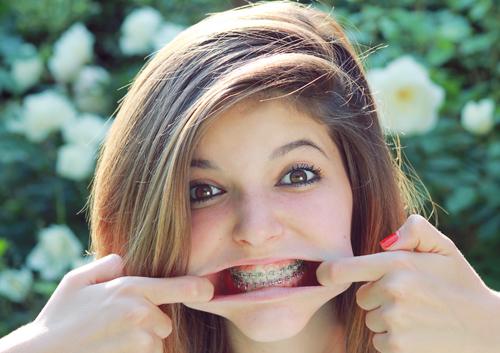Summer is Almost Here: Tips for a bright, white smile!
May 3rd, 2016

Summer is almost here, which means a season full of vacations, adventures and great memories is just around the corner for our patients at Harte Orthodontics.
Everyone wants a glowing and radiant white smile when the sun comes around and we have a few reminders to keep your pearly whites healthy and beautiful over the summer! Try to stay away from drinks that will stain your teeth like coffee, soft drinks, or dark colored juices. Not only will drinks like this weaken your enamel but they will also darken that fabulous smile you're working on! Another tip is to try and focus on brushing your teeth; everyone knows that when busy schedules start picking up, getting a good brushing session in tends to take the backseat! A good tip for keeping your mouth safe from staining and other possible pitfalls is to rinse your mouth with water after any meal you can’t fully brush your teeth after. Your teeth, inside and out, will benefit!
And remember, whether you are headed to a barbecue, a camping trip, or just having fun in the backyard this summer, we want to hear all about it! Make sure to let us know what you’re up to below or on our Facebook page! We also encourage you to post any photos from your adventures!





